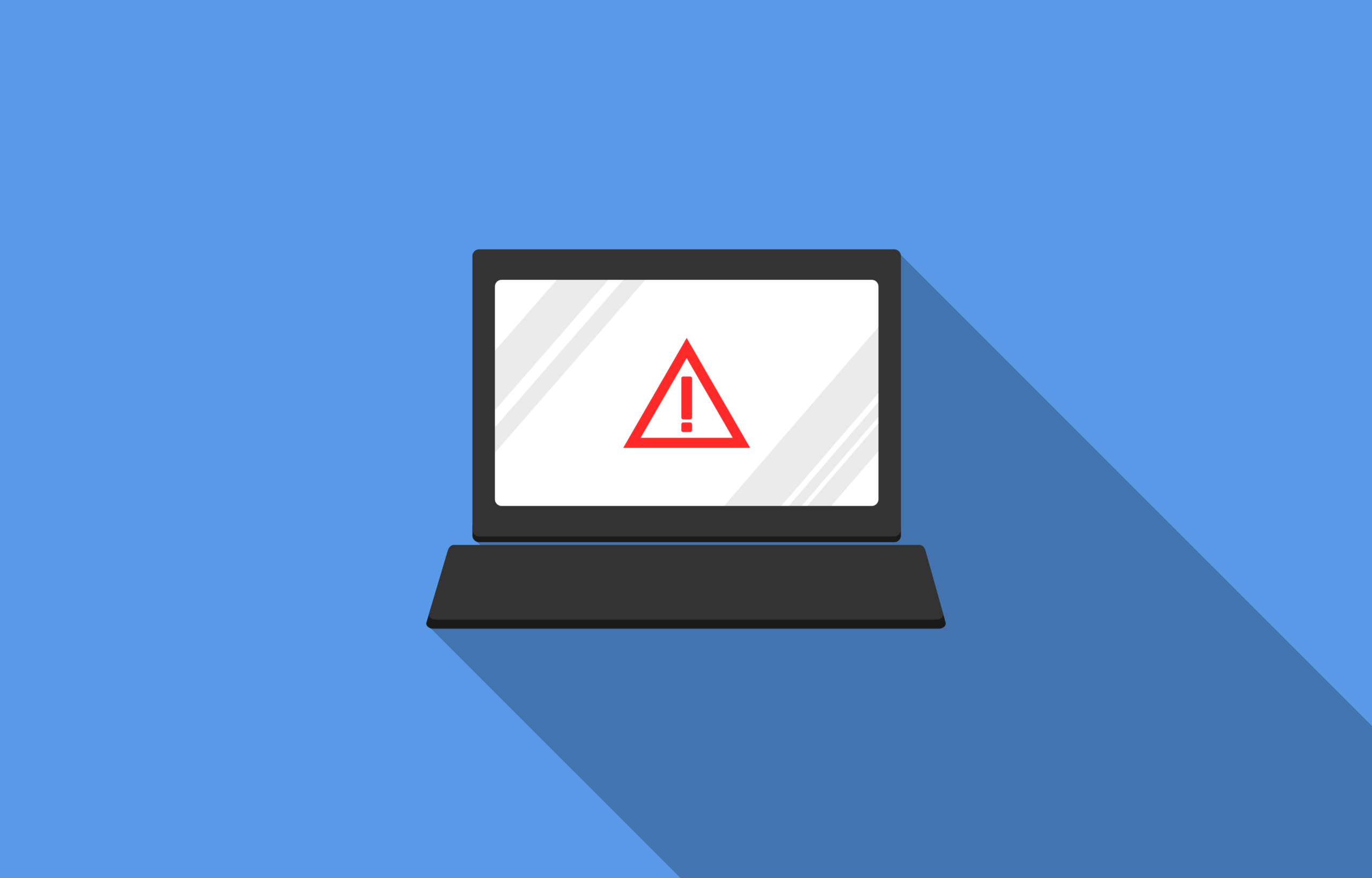
President William Ruto has officially signed the controversial Computer Misuse and Cybercrime (Amendment) Bill, 2024 into law. While you were scrolling through your timeline, the rulebook for what you can and can’t do online just got a major, and somewhat intimidating, update.
On the surface, the government says the new law is about protecting you. It’s designed to crack down on real, nasty stuff: terrorism recruitment online, the spread of child abuse material, and those infuriating SIM-swap scams that drain bank accounts in minutes.
But as we all know, the devil is in the details. In a country where online dissent is a powerful tool and government critics have faced abduction, this law hands the state a very sharp, double-edged sword. Let’s break down what this new Act means for the average Kenyan netizen.
So, what’s actually new in the rulebook?
The amendment, sponsored by Wajir East MP Aden Daudi Mohamed, expands the government’s power and widens the net of what is considered a cybercrime.
- The “big red button” for websites: The National Computer and Cybercrimes Co-ordination Committee (NCCCC) now has the power to issue a directive to make a website or application “inaccessible”. This applies to platforms proven to promote illegal activities, terrorism, child pornography, or “extreme religious and cultic practices”. Think of it as a government-controlled kill switch for online content they don’t like.
- Scam calls are now officially “phishing”: The law on phishing, which previously focused on messages and websites, has been expanded to include making calls. So, that scammer calling you pretending to be from the bank is now committing a more clearly defined crime.
- SIM-swapping gets its own offense: The Act now includes a specific new offense for “unauthorized SIM-card swap”. Anyone who willfully and unlawfully takes ownership of your SIM card to commit a crime can face a fine or jail time.
- Cyber harassment definition gets wider and scarier: This is the big one. The definition of cyber harassment now includes communication that “is likely to cause” a person to commit suicide. The penalty for cyber harassment under the parent act is severe: a fine not exceeding KES 20 million, imprisonment for up to 10 years, or both.
The good, the bad, and the very chilling
Let’s be fair. On paper, some of these changes are addressing real problems. After the horrors of the Shakahola massacre, cracking down on online cult recruitment seems necessary. Protecting citizens from financial fraud like SIM-swapping is a definite plus. No one is arguing against fighting child abuse material online.
However, it’s the vague language and the potential for misuse that has us deeply concerned.
The Kenya ICT Action Network (KICTANet), in its submission to Parliament, warned that giving a government committee the power to block entire websites without judicial oversight is a recipe for censorship and infringes on digital freedoms. They argued that such a move could lead to “disruptions to legal businesses” and “business continuity” while having “ripple effects on the entire digital ecosystem”.
Here’s the part that should make you pause:
- Who decides what’s “extreme”? The term “extreme religious and cultic practices” is not clearly defined. In a diverse country like Kenya, who gets to draw the line between an alternative spiritual group and an “extreme cult”?
- Weaponizing “harassment”: The cyber harassment clause is a minefield. What if an online campaign calling for a corrupt official to resign “detrimentally affects” them? Could a satirical meme be interpreted as “grossly offensive”? With a KES 20 million fine hanging over your head, the law creates a powerful “chilling effect,” discouraging legitimate criticism and public debate.
- The activist’s nightmare: In the current climate, where online organizing has been crucial for protests and accountability, this law is alarming. The government could potentially label websites and social media groups organizing protests as promoting “illegal activities” and order them shut down, effectively silencing dissent before it even starts.
A tool for protection or control?
This amended law walks a razor-thin line. It promises to protect us from the darkest corners of the internet, but it does so by handing the state a set of keys that could also be used to lock the doors on our freedom of expression.
Granted, be aware that the landscape has changed. And that the line between being a citizen and being a suspect just got a whole lot blurrier.





